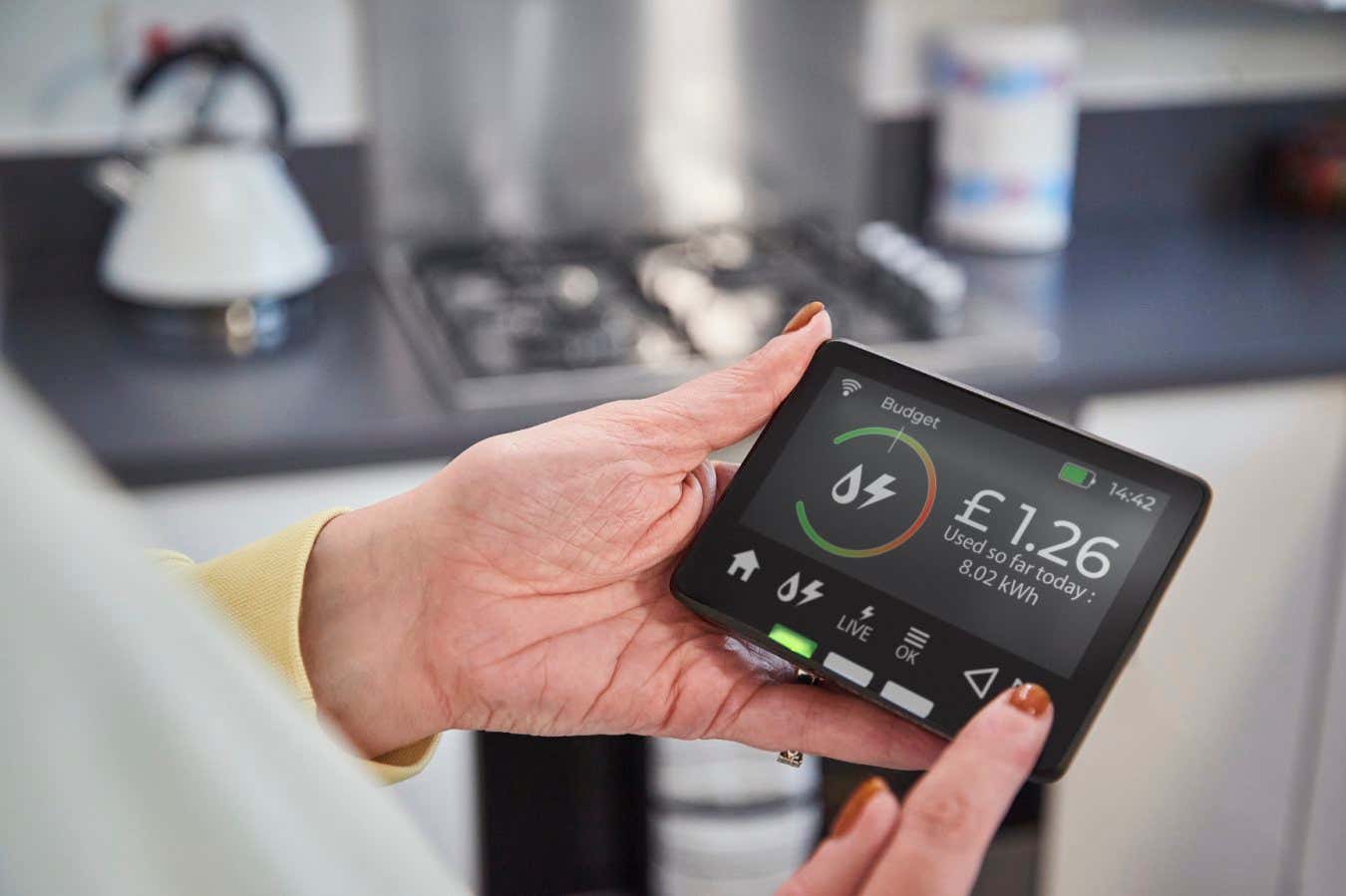A recent report from a cross-party committee of UK members of parliament has raised concerns that approximately 7 million electricity and gas smart meters in Great Britain will stop working. This raises questions about the impact on energy customers.
The reason behind this issue is that older 2G and 3G mobile networks, which the current smart meters rely on, are being phased out and dismantled. As a result, millions of homes will be left without functioning smart meters. This adds to the 3 million devices that were already not working as of March 2023.
The Department for Energy Security and Net Zero states that energy suppliers will be responsible for footing the bill of upgrading communication equipment to ensure smart meters remain connected. They are also working with industry stakeholders to support a smooth transition for consumers when the 2G and 3G networks are eventually switched off by the end of 2033.
According to Mike Hewitt, the chief technology officer of the Data Communications Company (DCC), the smart meters themselves will not require replacing. However, the communication hubs, which are installed alongside the smart meters in homes, will need to be updated. The communication hubs transmit messages from the smart meters to the network. DCC will need to roll out 4G-compatible hubs across the country to address this issue. However, even with this solution, there will still be a countdown until the day that 4G networks are eventually switched off.
The UK’s mobile network operators have specified that they will support 2G and 3G devices until 2033, but some companies have already begun switching them off, and others are taking steps to do so. This transition has implications beyond smart meters, as other devices like security alarms, cash machines, e-readers, and medical alert devices also rely on 3G networks. It remains unclear how many of these devices have been upgraded or if there are plans to do so.
In terms of the impact of smart meters on energy usage, data from installations between 2015 and 2018 suggests a potential reduction of up to 3.6% in electricity consumption and up to 3.1% in gas consumption after the installation of smart meters. However, the Committee of Public Accounts notes that the UK government has fallen behind on its targets for smart meter installations. Currently, only 57% of all electricity and gas meters are considered “smart.” There is also a concern that those using smart meters tend to be higher-income individuals who are more able to update power-consuming appliances.
In conclusion, the potential outage of 7 million UK smart meters due to the phasing out of 2G and 3G networks poses challenges for energy customers and suppliers. Upgrading communication equipment and ensuring compatibility with 4G networks will be crucial in addressing this issue. Additionally, other devices reliant on 3G networks may also face disruptions if they are not upgraded or replaced. The impact of smart meters on energy usage and cost reduction has shown promise, but there is a need for greater efforts to meet installation targets and ensure accessibility for all consumers.








